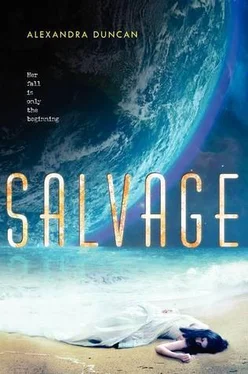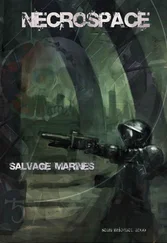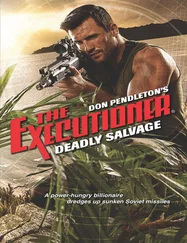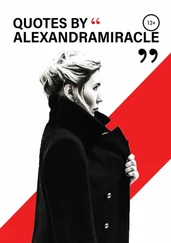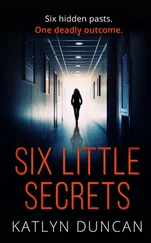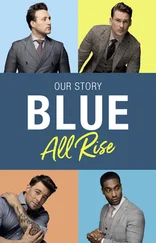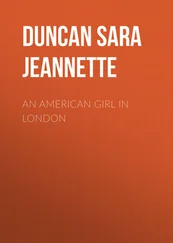“Have you heard of a home for boys around here?” I ask the white-haired woman who owns the shop. “A state boarding school?”
The woman frowns at me. “Eh?”
“A home for boys without families.” I point up. “From spaceside?”
The woman says something in a language I’ve never heard before. Not Hindi or Marathi or any of the other dialects I’ve heard in the Salt. I squint and lean forward, as if that will help me suddenly understand.
“Kyaa aap hindi boltii hein?” I ask in halting Hindi. Do you speak Hindi?
“Wait,” she says in English and holds up a knobby finger. I stand beside the counter feeling foolish as she hobbles away, and then returns with a girl some few turns older than me wiping her hands with a dish towel.
“You speak English?” the young woman asks. She wears a long-sleeved plaid shirt rolled up to the elbows and a scarf loose wrapped around her neck.
“Right so.” I nod.
She nods with me. “Go ahead. I know it.”
I clear my throat. “I heard there was a state home here for boys from spaceside who got left behind. I was wanting to know if either of you knew where it was, exactly.”
“Oh, the pale boys.” The girl’s eyes go wide. “At the seed bank farm. It’s about an hour’s walk on the trail leading west from here.”
The shopkeeper interrupts her with a pat on the arm and adds something.
“It’s the only building out that way this side of the lake,” the girl says. “You can’t miss it.”
“Thank you,” I say to her, and then again to the shopkeeper. “Dhanyavad.”
I follow the trail out of town with my jacket buttoned up to my neck and my boots crunching the gravel. Cool, damp air soaks under my collar, but I know I’ll warm up as I go. Only an hour of walking and I might see Luck again. Only an hour and I might touch him, hold him. Late-morning mist clings to the path. When I see him, will I run to him, or will I stand watching him, ticking down the seconds until he sees me? Will he know me, changed as I am? A bird calls from somewhere in the trees, a small, sad sound. What if he’s not there? What if Doya was right and all the boys are younger? What if he was never there, and all I have left is his ghost? Will Soraya take me back after all the trouble and burden I’ve been, especially if I return empty-handed? I try to jog, but the air is thin and leaves me winded after a few strides. I settle for walking as fast as I can.
At last I crest a hill and look down on a farmhouse in a rolling green pasture. A stable some like the one at Revati stands across from the house, beside a small pond. Behind the house, a sprawling complex of greenhouses and gleaming white windowless buildings forms a hexagon in the center of the valley. As I watch, a figure walks from the stables to one of the greenhouses, carrying something.
I half walk, half stumble down the hill. Oh, Mercies, please . . . The person—a man, I can tell for certain now—shifts his burden to one arm and reaches for the door.
“Wait!” I’m out of breath and clammy with sweat.
He turns and I see his face. And he’s tall. And he’s pale.
But he isn’t Luck.
His eyes are brown, his skin a freckled tea-with-cream color, and his face makes him some turns older than Luck. Twenty-something, maybe even thirty. I stop midstride, as if I’ve run into a wall. “Oh.”
“Can I help you?” He takes a step closer to me. “Are you lost?”
“This is the state boarding school, right so? The one for boys what got left by their crewes?”
“It is.” He shifts the box from one arm to another, wary. “What do you want with us?”
I take a deep breath. I have nothing to lose. “I’m looking for someone. Someone from the ther crewe.”
“The ther crewe.” He frowns. “How did you say you heard about us, again?”
“This lady I used to work with told me.” Even as I’m saying it, I hear how cagey I sound.
“A lady you used to work with,” he repeats. “Uh-huh.”
A drip of cold sweat runs down my back. “Please so, if I could only come inside—”
His eyes go wide, and his whole expression changes from guarded suspicion to full-out shock. “Who are you?”
“I . . .” I hesitate. “I was only looking—”
“Are you . . . ” He shakes his head. “But they don’t leave the girls behind. And you don’t look . . .”
I draw myself up. “I’m Parastrata Ava.” The name sounds strange on my tongue. How long since I’ve said it? Half a turn? More?
“Parastrata?” He squints at me. “Aren’t they the ones with the red hair?”
“My grandfather was from groundways,” I say. “From here. That’s why . . .” I guesture at my hair and skin.
He chews his bottom lip in thought.
“Please so,” I say again. “I won’t bother you long. I only need to know if someone’s here and then I’ll be on my way.”
“Hold on.” He unhooks an old crow from his pocket and holds it up to his mouth. “Hena?”
“Go ahead,” a woman’s voice comes back.
“I have a visitor here who says she’s looking for an ther boy. Is Vina in?”
A pause on the line. Then, “A visitor? Very funny, Howe.”
Howe looks at me sidelong. “We don’t usually see anyone who isn’t a social worker or a government inspector.” He raises the crow again. “I’m not kidding, Hena. We have a real live visitor. Can Vina see her?”
“You know she doesn’t like to be disturbed,” the woman replies.
Howe eyes me. “I think she’s going to want to talk to this one.”
The woman sighs. “I’m down in the southwest biome. I’ll run up to the farmhouse and see.”
“Cheers, Hena. Out.” He clips the crow to his pocket again and pulls open the greenhouse door. “Come with me. Hena’s gone to check if the director will see you.”
“Thank you.” I follow him inside.
The air shifts instantly from damp cold to muggy. Waist-high tables covered with rows of delicate green shoots fill the room. Cucumbers, tomatoes, yellow squash, okra, and young carrots reach up for the clouded glass roof. I unbutton my jacket and turn in place, taking in the sea of green around me. And this is only one of the greenhouses I saw from the top of the hill.
“What do you do here? Why do you have so many plants?”
Howe stows his box on a shelf and brushes the dirt from his shirtsleeves. “We’re a self-sustaining outpost. Some of it we eat. But we also run a seed bank here, the oldest one in Himachal Pradesh.” He opens the door to a white-tiled hallway and holds it for me. “This way.”
I step through. “A seed bank?” The woman back in town called it the same thing.
“We grow different plants and harvest their seeds to distribute to farmers.” He closes the door and waves for me to follow him. “You know, so the whole tomato crop doesn’t get wiped out by disease. If one kind gets blight or something, we make sure farmers have other varieties to fall back on.”
“Oh,” I say, even though I’m not sure I understand completely. The right side of the hallway looks out on a garden, boxed in by more greenhouses on the far side. A blank wall, broken only by identical white doors and reinforced windows, runs along the left. We walk in silence past a sterile-looking dormitory, another greenhouse, and then a training room full of the same sort of equipment the men used to keep up their strength aboard the Parastrata. It strikes me how much this place looks like a crewe ship, and I wonder if it’s on purpose to make the boys here feel more at home.
Читать дальше
